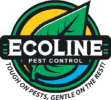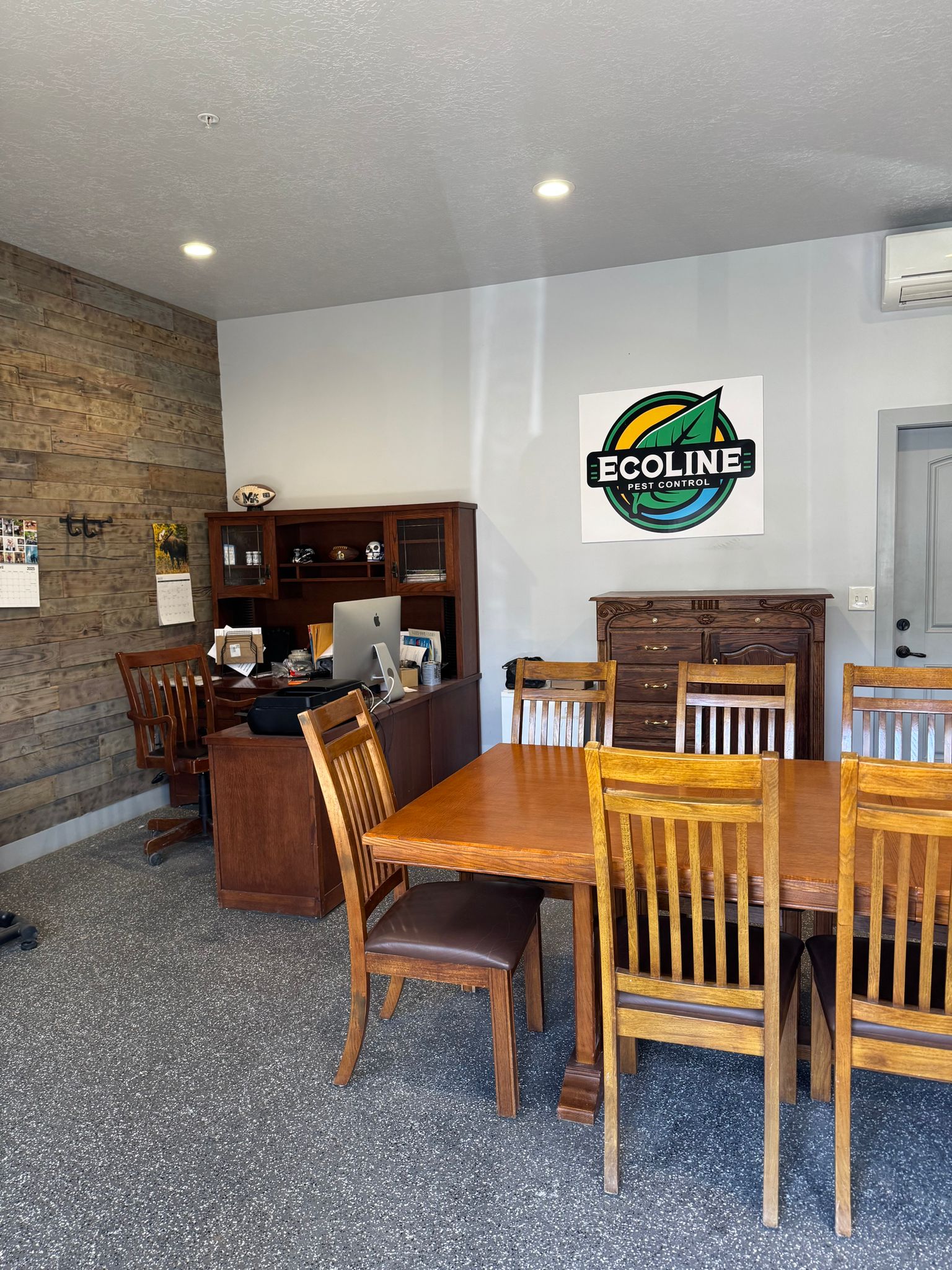For commercial properties, pest control is more than a maintenance concern; it’s a business necessity. Whether you manage office buildings, warehouses, or food service facilities, pests can compromise health standards, customer trust, and even regulatory compliance. Regular pest inspection plays a key role in early detection, prevention, and long-term protection from damaging infestations.
Understanding how routine inspections work and why they are essential helps property managers and business owners maintain a safe, pest-free environment year-round.

The Risks Pests Pose to Commercial Properties
Commercial spaces often face a unique set of challenges when it comes to pest management. High foot traffic, storage areas, and structural complexity create multiple access points for pests to enter and thrive. Left unchecked, pest problems can spiral into health hazards and costly damage.
Here are some of the primary threats posed by pests in commercial environments:
- Structural damage: Termites and rodents can weaken wood framing, drywall, and insulation, leading to expensive repairs
- Health concerns: Pests like ants, flies, and mice can contaminate food and surfaces, creating sanitation issues
- Business interruption: A visible infestation can lead to failed inspections, customer complaints, or even temporary closures
- Reputation harm: Online reviews and word-of-mouth can quickly damage a business’s reputation if pest activity is reported
- Legal liability: Businesses may face fines or regulatory action if pest problems violate health codes or safety guidelines
Regular pest inspection is the most effective way to address these risks before they impact operations. Catching early signs allows for fast resolution and protects your investment.
What Regular Inspections Involve
A regular pest inspection is not a one-time service but part of a broader prevention strategy. Trained technicians look for current activity, signs of vulnerability, and conditions that may attract future pests. This process is particularly valuable for commercial buildings, where early intervention is key.
During a standard inspection, professionals may:
- Examine interior and exterior access points, such as doors, vents, and utility lines
- Look for evidence of pest activity, including droppings, nesting materials, or damaged structures
- Assess moisture levels and ventilation, as many pests are drawn to damp environments
- Check storage areas, break rooms, and waste disposal zones for food sources
- Review landscaping or nearby vegetation that could provide harborage
Once the inspection is complete, a tailored report helps guide the next steps, whether that’s sealing entry points, scheduling follow-up treatments, or adjusting facility practices.
Key Pest Types That Threaten Commercial Spaces
While every property is different, there are several pest types that tend to be common across most commercial settings. These species are particularly important to monitor through regular pest inspection because they tend to reproduce quickly and thrive in human environments.
- Ants: These insects can invade food storage areas and build colonies inside walls or under floors.
- Flies: Attracted to moisture and food waste, flies can spread bacteria and cause sanitation problems in kitchens and restrooms.
- Rodents: Mice and rats are especially damaging in commercial properties, chewing through wiring, contaminating products, and nesting in hidden spaces.
- Termites: Silent and destructive, termites may go unnoticed for years while causing serious damage to wooden structures.
- Spiders: While most are not dangerous, spiders can still unsettle staff and customers and indicate the presence of other insects they prey on.
In regions like Northern Utah, pest behavior shifts with the seasons. Businesses benefit from understanding seasonal pest patterns and how these patterns affect different types of facilities throughout the year.
Why Consistent Monitoring Is More Effective
Pest control is most effective when it’s proactive, not reactive. Waiting for pests to become a visible problem gives them time to nest, multiply, and cause harm. Consistent monitoring through regular pest inspection enables early detection and timely action.
Here’s why scheduled inspections are more effective than one-time treatments:
- Catch problems early before they grow into large infestations
- Maintain compliance with health and safety regulations
- Minimize chemical use by targeting treatments only where needed
- Protect your assets, including products, equipment, and infrastructure
- Build a long-term prevention plan that evolves with your business
A strong inspection routine works best when integrated into a layered strategy that includes structural defense, sanitation practices, and professional guidance. To understand this better, explore how the five layers of pest protection can be applied to commercial settings as well.
When to Schedule Commercial Inspections
Timing and frequency matter when it comes to protecting a business. While every property has its own needs, certain conditions should always prompt a professional inspection.
Consider scheduling an inspection if:
- Your property has not been inspected in six months or more
- You’ve noticed signs of pest activity, such as droppings, wings, or chewed materials
- You’ve recently expanded operations, added storage areas, or changed facility layout
- You operate a business with food handling or storage responsibilities
- You want to prepare for seasonal changes or upcoming regulatory visits
Working with trained pest control professionals ensures your inspections are comprehensive and customized to the layout and use of your commercial property.
Let Professionals Safeguard Your Investment
Pests don’t wait for business hours, and their damage can start long before anyone notices. A regular pest inspection plan helps you stay one step ahead, protecting your property, your staff, and your reputation. When it comes to running a business, peace of mind is worth the effort.To schedule an inspection tailored to your property, connect with Ecoline Pest Control and build a smarter strategy for long-term pest defense.
 Reviews
Reviews





